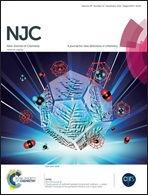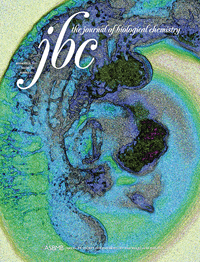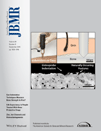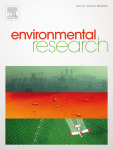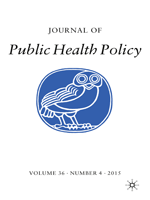 An astrophysics journal is retracting a paper on black holes whose first author is a teenager about to earn his PhD, after learning the paper “draws extensively” from a book chapter by the last author.
An astrophysics journal is retracting a paper on black holes whose first author is a teenager about to earn his PhD, after learning the paper “draws extensively” from a book chapter by the last author.
Many papers are pulled for duplication, but few get a news release from the publisher about it. In a move that we approve of, the editors of The Astrophysical Journal announced the forthcoming retraction on the American Astronomical Society (AAS) website.
The paper‘s first author Song Yoo-Geun who turns 18 this month, and is on track to earn his doctorate next year from the University of Science and Technology in South Korea. According to the news release, the paper borrows heavily from a book chapter published in 2002 by his adviser and co-author, Seok Jae Park at the Korea Astronomy and Space Science Institute.
AAS is handling this very quickly. The paper was published in October, someone alerted the journal to the duplication on November 14, and the announcement of the retraction went up on the AAS website just ten days later.
The retraction note for “Axisymmetric nonstationary black hole magnetospheres: revisited” will be published in the next issue of ApJ. In the meantime, the news release explains what happened:
Continue reading Black hole paper by teenaged prodigy retracted for duplication
